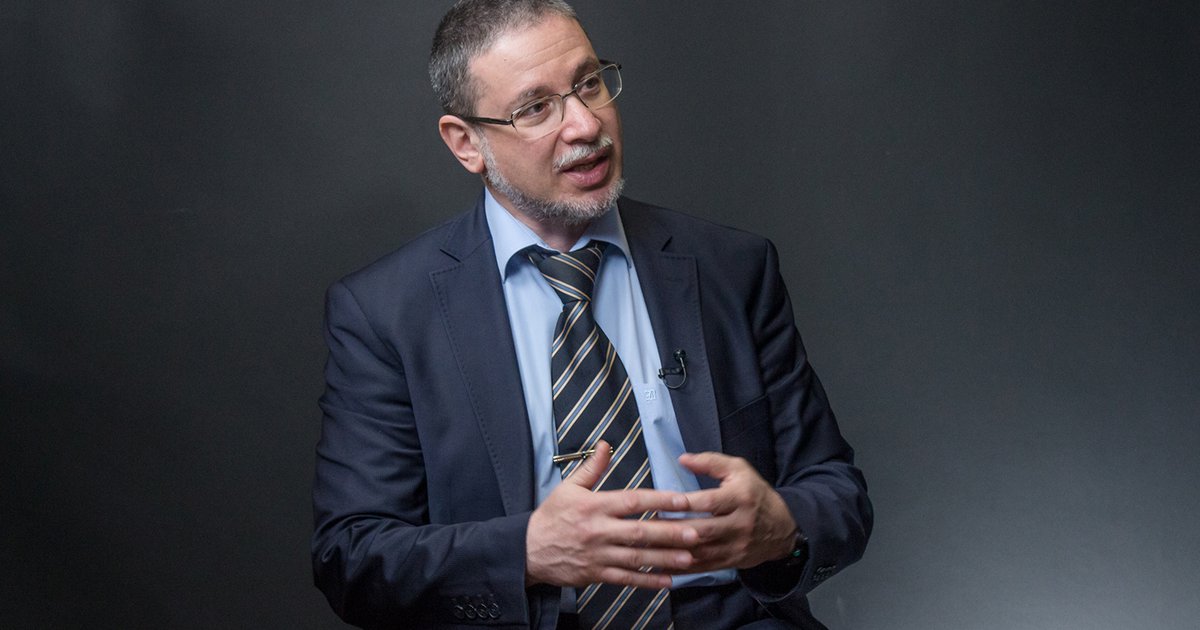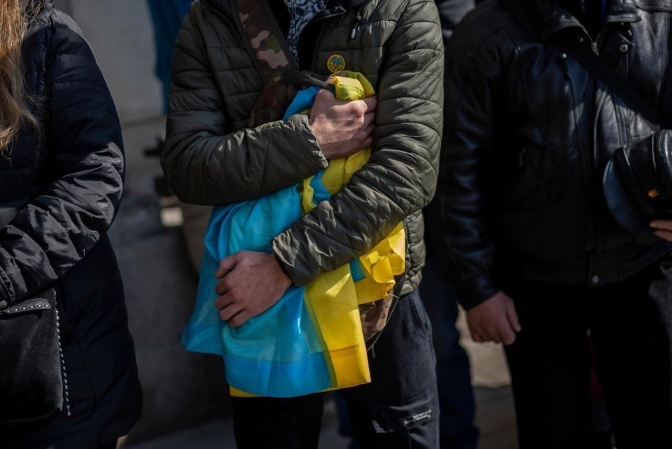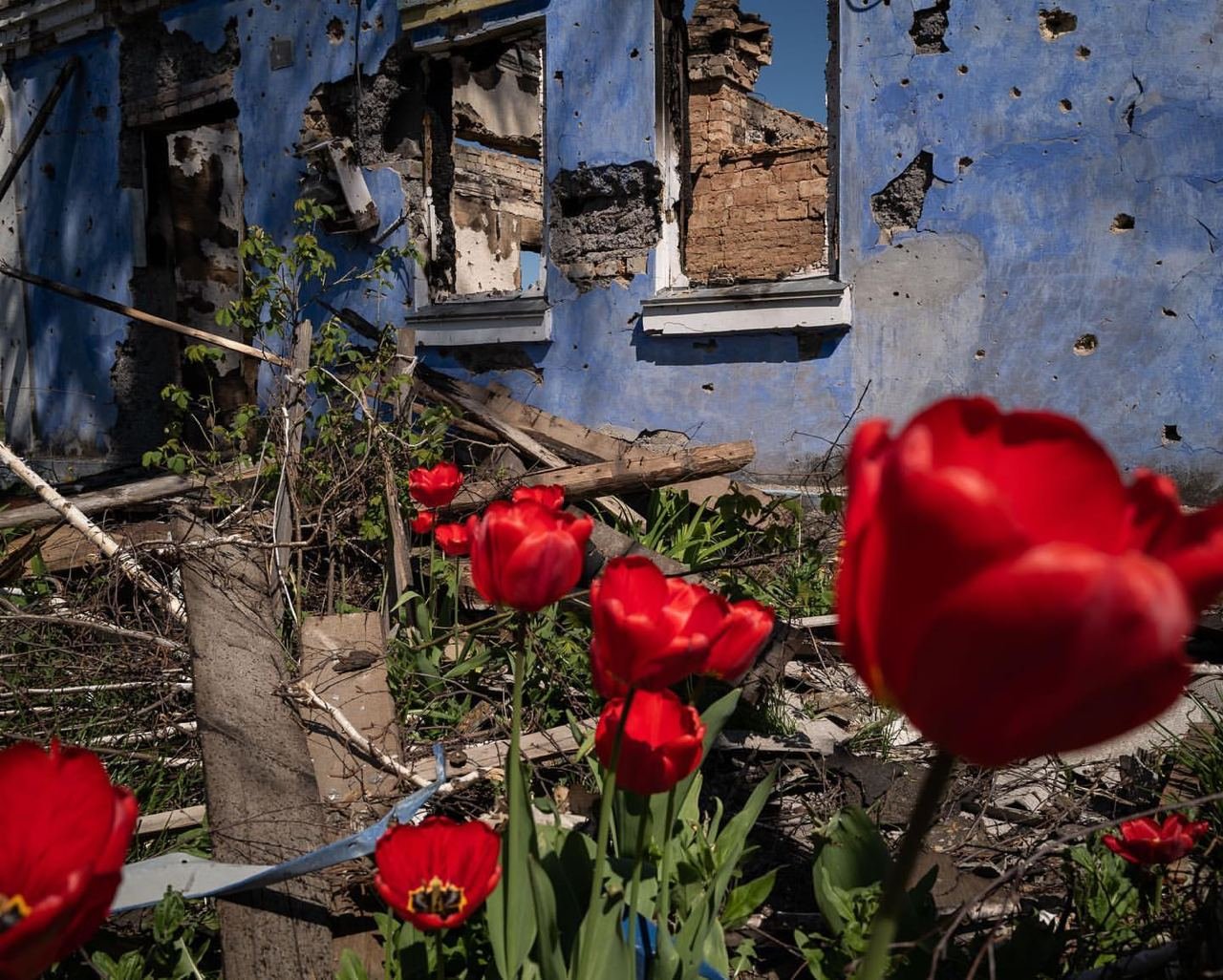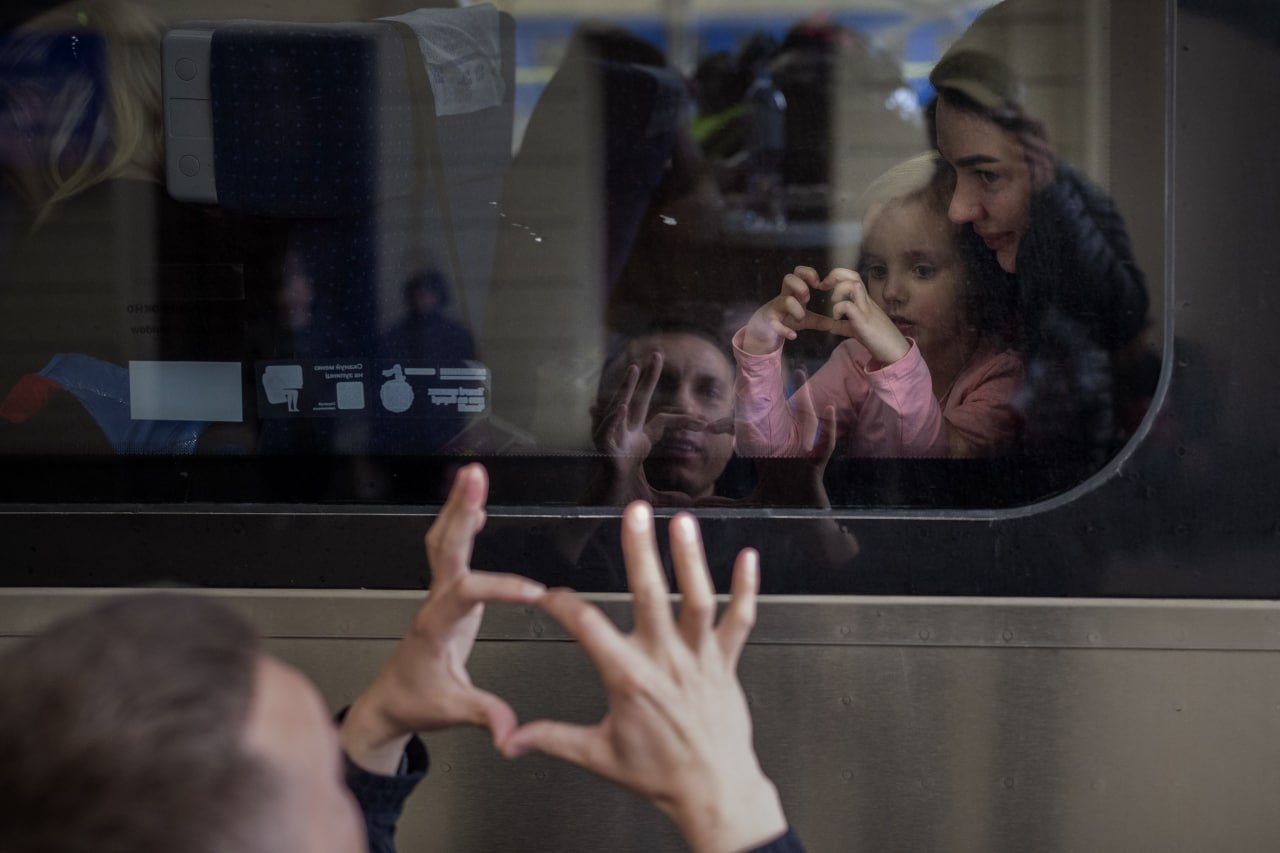
photo: zbruch
[For urgent updates please follow Ukrainian Freedom News on Telegram]
Why haven’t the world rules worked?
After the First and Second World Wars, Europe was primarily concerned with preventing a new war. The horrors of hostilities have convinced European states that it was necessary to radically change the approach to coexistence, to the formation of their ideas about the surrounding world. This way, the European Union emerged as the embodiment of the desire for such a world order.
The world order after 1945 established that all states were independent and their borders inviolable. All the following wars occurred in the «third world». The first «alarm» sounded when the Balkan wars began, but this region was seen [by Europeans] as a neighbourhood where people «were not yet like us.» Still, even then, the key problems that exist in the world today became apparent. A few years ago, there was a discussion at the YES Forum in Kyiv as to whether the world order had broken or it still existed.
Not only did European politicians fail to organize a system of international relations that would prevent wars, but so did European intellectuals. This is an important thing, and it’s still not noticed. European intellectuals, who have devoted their entire lives to creating a system in which war would be impossible, have developed methods of dialogue between countries, deep philosophical concepts that would allow a better understanding of each other. But all this could not prevent a great war in Europe.

What has the world learned from the war in Ukraine?
First, the «agenda» of the world brings back the questions that an order is needed for smaller states to not be afraid of large ones, when sovereignty and territorial integrity would matter.
After all, European intellectuals recognize Russia’s right to have spheres of influence, to determine foreign and domestic policy in the states located in the former Soviet Union’s territory. This is completely contrary to all they’ve always preached. I don’t even mention that some of them are now offering Ukraine to surrender quickly, while others suggest not to arm our country so that it can no longer defend itself, because it seems to be better. I was personally impressed by Jürgen Habermas, who was, in fact, the greatest philosopher in the field of communications in the modern European philosophy of mutual understanding, who during his whole life developed methodologies for active dialogues and communications, and now has taken quite a strange position.
Read also: »God’s patience ran out.» A psychologist about protracted war and how it will change Ukrainians
Secondly, as the UK Prime Minister Boris Johnson aptly remarked in the Verkhovna Rada (Parliament) of Ukraine, Ukrainians have shown that the brutal power of the aggressor can do nothing to the people who choose freedom.
And the third, very important thing that Ukraine has demonstrated is that values are more important than interests. When you do not adhere to values and let interests guide you, a big mess begins, resulting in loss of interests, even money. Look at the companies that remain in Russia. The longer they stay, sacrificing values for the sake of interests, the more their interests suffer, because these companies lose and fall more.
There are other, more mundane things. For example, for the first time since World War II, there is a war between two industrialized nations. The United States against Iraq, NATO against Yugoslavia – it was not a war of equals on the battlefield. And now, it’s a war of equals, and it means that it will be written daily in all textbooks around the world and will determine changes in military affairs for the next 50 years. Look at what is happening in Ukraine now with self-organization, horizontal network structures, incredible ways of trust and interaction. It’s necessary to study everything. And it’s a shock to the whole world that we have it.

Why has this war become possible?
An important question is how did it happen that the world made this war possible and did not prevent it? The fact is that everyone thought it would slip through. There are politicians who wanted to see the soul in Putin’s eyes, trade with Russia and get cheap gas. There is also direct bribery of politicians, journalists, intellectuals, the desire of businesses to make money in the large Russian market and get cheap energy. All this must now be analyzed so that it never happens again.
Another set of problems: the war became possible because the Russian authoritarian regime used postmodern informational influence to zombie the majority of Russian citizens by telling them nonsense. How is the world to deal with it? We are talking about global problems, but unfortunately, do not have global mechanisms of solutions.
It’s a global issue: large authoritarian states willing to influence the neighbours; zombifying the country, degradation, turning people into savages who are ready to destroy humans and signs of civilization. It must be understood that if Russia were not a nuclear country, the West would not be afraid to defend Ukraine, just as it wasn’t afraid to defend the victims of the Yugoslav war.
We have oil blackmail today – when energy has become a weapon. I will use a well-known metaphor: if not only a gun, but also a nuclear bomb, an oil pipe and a bunch of different weapons hang on the wall in the first act, and if they continue hanging there – they’ll «shoot» someday.
Another problem: see how intergovernmental organizations such as the UN, the OSCE and others do not work now because they pursue the policies of their members. After all, the UN does not have its own policy – this is the sum of the policies held by almost two hundred of its members. Half of them support Ukraine’s sovereignty, half do not. How can this be?
Putin is an ideal criminal with a mission to teach the world that evil is unacceptable. Everyone is ready to put up with a little evil, because it provides cheap oil and gas, and this is normal. But fortunately, there is no pain point in Putin and his regime that would not be influenced now. Even neutral countries such as Finland and Sweden are ready to join NATO to become part of collective security. Putin and his regime have also targeted all refugee pain points. Thank God, Europe was ready for that.
Putin’s dream was to create a flow of refugees and make the European unity completely fall apart, so that countries would quarrel with each other, as was the case with ten times fewer refugees from the Middle East. But Ukraine has shown Europe that Ukrainians are neat, polite and immediately looking for where to work legally.

China is interested in the status quo, but no status quo is coming out. And today, the Chinese government does not know very well how to react to what is happening, because they have many internal problems.
Therefore, after these events, the world must make sure that there are never more wars. And this requires a change in the system of international relations in order to be able to prevent such wars and the crises they cause in all areas, from food to environmental, from humanitarian to logistics. We also need to change the system for monitoring democracy and ensuring that human rights are respected in the world. Because where the violations occur within the country, sooner or later these violations will go beyond its borders.
It must be understood that oil breeds authoritarianism, and authoritarianism breeds war. I hope that the world will now come closer to changing the energy balance, reducing the share of fossil fuels in the world balance, because where the renewable energy is, there’s the peace.
What lessons should Ukraine learn from this war?
The main lesson is not to cling to the past, in our case the Soviet, do not slow down on the way to the future. The second lesson is that if you live on the border with a barbarian, on the border of the civilized world, you must have a strong army.
I think Ukraine needs to completely change the reservist system so that all men and willing women are reservists, as is the case in many countries around the world. The third lesson that Ukraine has not yet learned is that it is necessary to have a free economy, because it is the only way to produce free citizens ready to defend the country with weapons in their hands. So far, this is not clear to most political elites in Ukraine. And last but not least, we need to have good allies.
Khrystyna Hogol, translated by Vitalii Holich
Full or partial publication of the text without the written consent of the editors is prohibited and is considered copyright infringement.
Follow us on Facebook and Instagram. Lviv Now is an English-language website for Lviv, Ukraine’s «tech-friendly cultural hub.» It is produced by Tvoe Misto («Your City») media-hub, which also hosts regular problem-solving public forums to benefit the city and its people.












